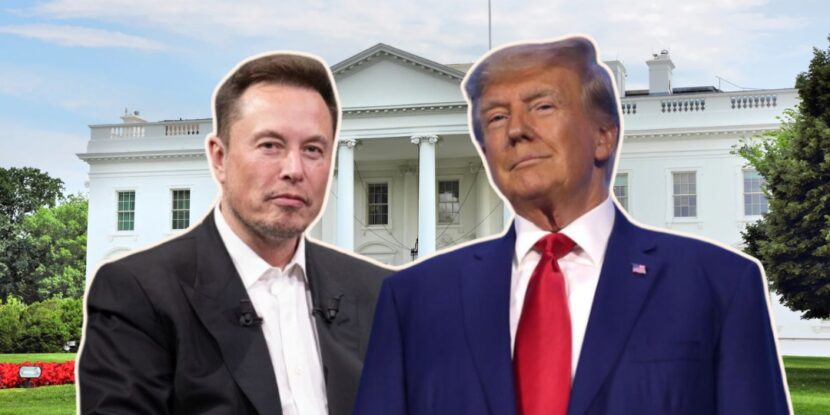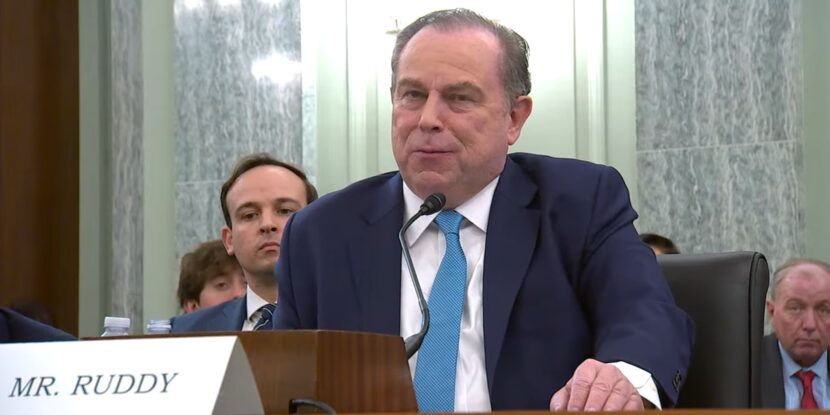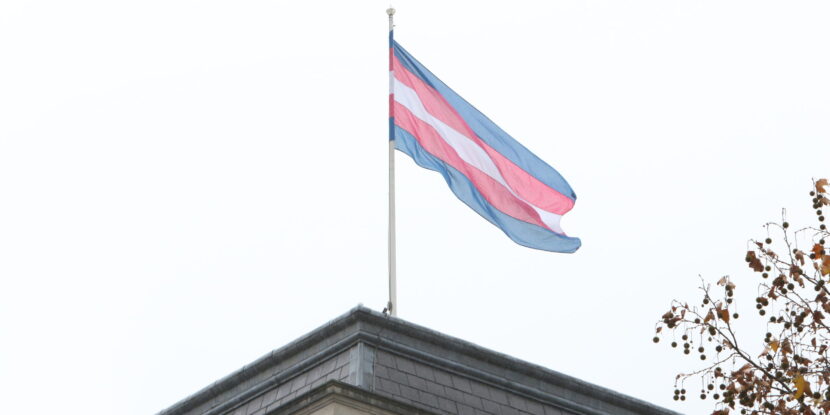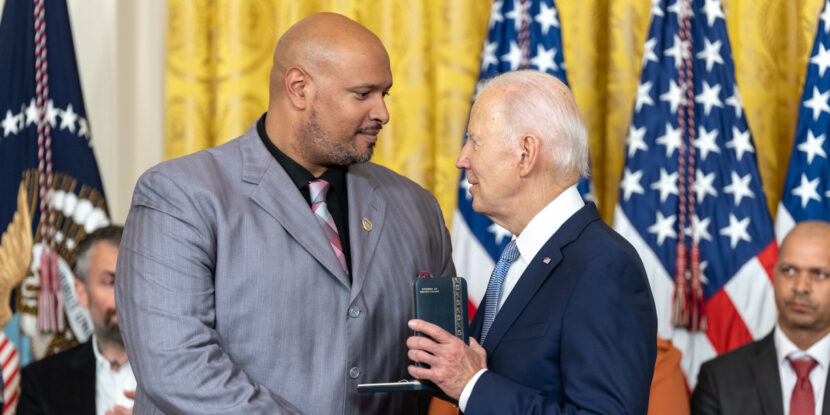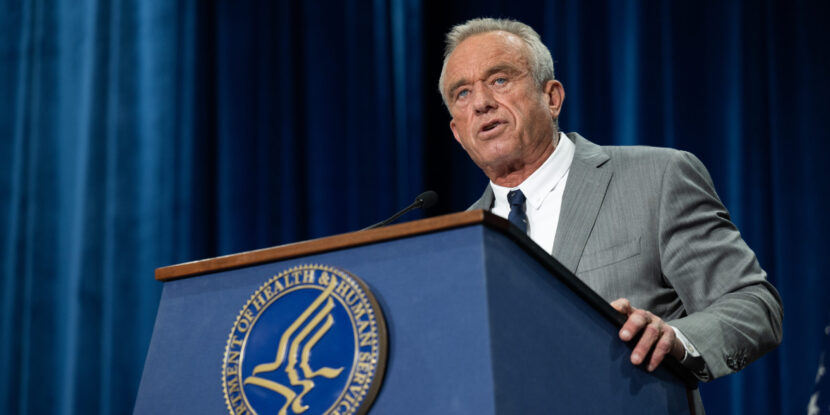President Donald J. Trump’s Department of Government Efficiency (DOGE) announced it has saved American taxpayers an estimated $55 billion over the first month of his second presidential term. The savings, reported on the doge.gov website, are based on data up to February 17 and are attributed to fraud detection, contract cancellations, asset sales, and regulatory reforms.
Key savings were identified at the U.S. Agency for International Development (USAID), the Department of Education (USAID), the Office of Personnel Management (OPM), the Department of Health and Human Services (HHS), and the Department of Agriculture (USDA). Notable cuts include canceled contracts for diversity, equity, and inclusion (DEI) training and corporate media subscription services, such as POLITICO Pro.
Elon Musk, at the helm of DOGE as a special government employee and senior adviser to President Trump, has faced public backlash, particularly from Democratic protestors. Detractors view Musk as an unelected figure with excessive influence over federal operations. However, in a court filing, the White House clarified Musk’s role, stating he is not the DOGE Service Administrator and holds the same authority as other senior advisers, without independent decision-making power in government matters.
President Trump has vocally endorsed Musk’s contributions to reducing government wastage, framing the efforts as a realization of his election promises to cut spending and federal workforce size. In a statement last week, Trump highlighted the importance of identifying and eliminating “fraud and abuse.”
Additionally, President Trump continues to express confidence in Musk’s work with DOGE. Along with Treasury Secretary Scott Bessent, HHS Secretary Robert F. Kennedy Jr., White House Deputy Chief of Staff Stephen Miller, and border czar Tom Homan, Musk is a major figure in Trump’s initiative to overhaul the federal government’s handling of contracts, immigration, and spending.
